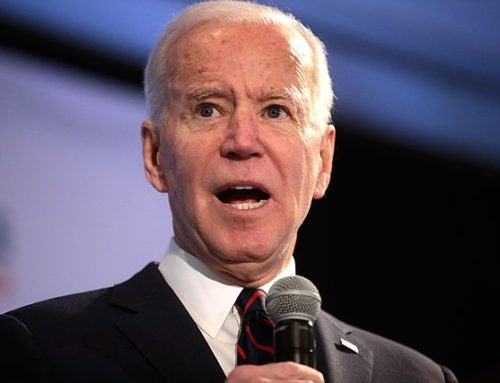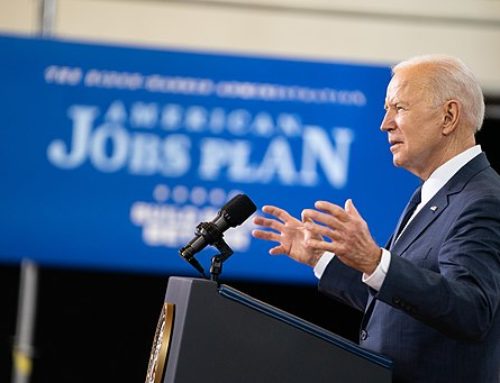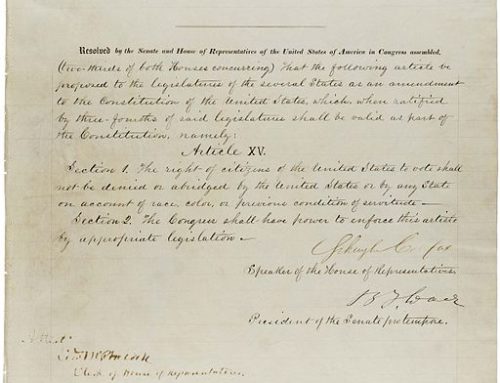On Friday, the Obama administration cleared the way for broader natural gas exports by approving a $10 billion facility near Freeport, Texas. The Department of Energy said it had given conditional authorization to the Freeport project to export up to 1.4 billion cubic feet a day of liquefied natural gas. The project still needs approval from the Federal Energy Regulatory Commission.
This is a major breakthrough in the U.S.’ transition into a major supplier of energy for world markets. Just a few years ago, many companies built natural-gas import terminals, anticipating greater American demand for imported fuel. A group of private investors that includes Conoco Phillips now plans to remake the Freeport terminal into an export facility.
In approving Freeport, the Department of Energy indicated it found the prospective benefits from exporting energy outweighed concerns about possible downsides for the U.S. economy from higher gas prices. Friday’s decision is important because 19 applications to export gas are in the works.
The Freeport terminal is the second export facility approved by the Obama administration. The Sabine Pass facility in Louisiana won approval in May 2011 to export LNG to the countries without free-trade agreements.
The Sabine Pass approval stirred controversy over the merits of exports. The Department of Energy spent much of 2012 waiting for a report it commissioned on the issue. The report, which was released in December 2012, determined that exports would benefit the U.S. economy overall.
But exporting gas remains controversial.
Proponents of greater exports, including the oil and gas industry, argue that exporting inexpensive natural gas will help the U.S. trade balance, help advance the adoption of clean-burning fuels around the world and shore up energy-poor U.S. allies.
Opponents counter that exports could cause domestic prices to rise, hurting consumers and some industries that have benefited from cheap natural gas. Low-priced natural gas does give America a competitive advantage. It keeps utility bills lower for families and businesses. It helps us switch from dirty coal to cleaner-burning natural gas. Bus and truck fleets are increasingly using domestic natural gas instead of foreign oil. Low-priced natural gas is attracting billions of dollars in investment in manufacturing and can create 1 million new jobs in industries such as chemical and steel production.
Dow Chemical, a major consumer of U.S. gas, had opposed unrestricted gas exports, saying they would drive up prices. Dow had maintained that using natural gas for domestic manufacturing creates more value than exporting it as a fuel. But Dow supported the Freeport decision as a limited and balanced approach to LNG exports.
What has made the U.S. the world’s largest natural-gas producer? The combination of hydraulic fracturing and horizontal drilling. These techniques are controversial on environmental grounds, of course, but I’m addressing only the economic ramifications at this point.
Analysts warned that U.S. exporters face severe competition from Canada and Australia. Due to the cost of liquefying and transporting gas to far away regions such as Asia, U.S. LNG exports may not be cost-competitive if domestic prices rise in coming years.
I support the Obama administration’s decision to allow greater gas exports because they are a boon to the U.S. economy.
They will:
Help the U.S. trade balance.
Facilitate adoption of clean-burning fuels around the world
Aid energy-poor U.S. allies such as Japan
Reduce our current domestic glut of shale gas
The benefits of free trade have been known since the “father of economics,” Adam Smith, articulated them in “The Wealth of Nations.”
Free trade is the ability of people from different countries and cultures to trade with each other without artificial government barriers, therefore allocating goods more efficiently.
We cannot expect to import gas when we need it but prevent overseas sales when we have a surplus.
Originally published in the Sarasota Herald-Tribune



